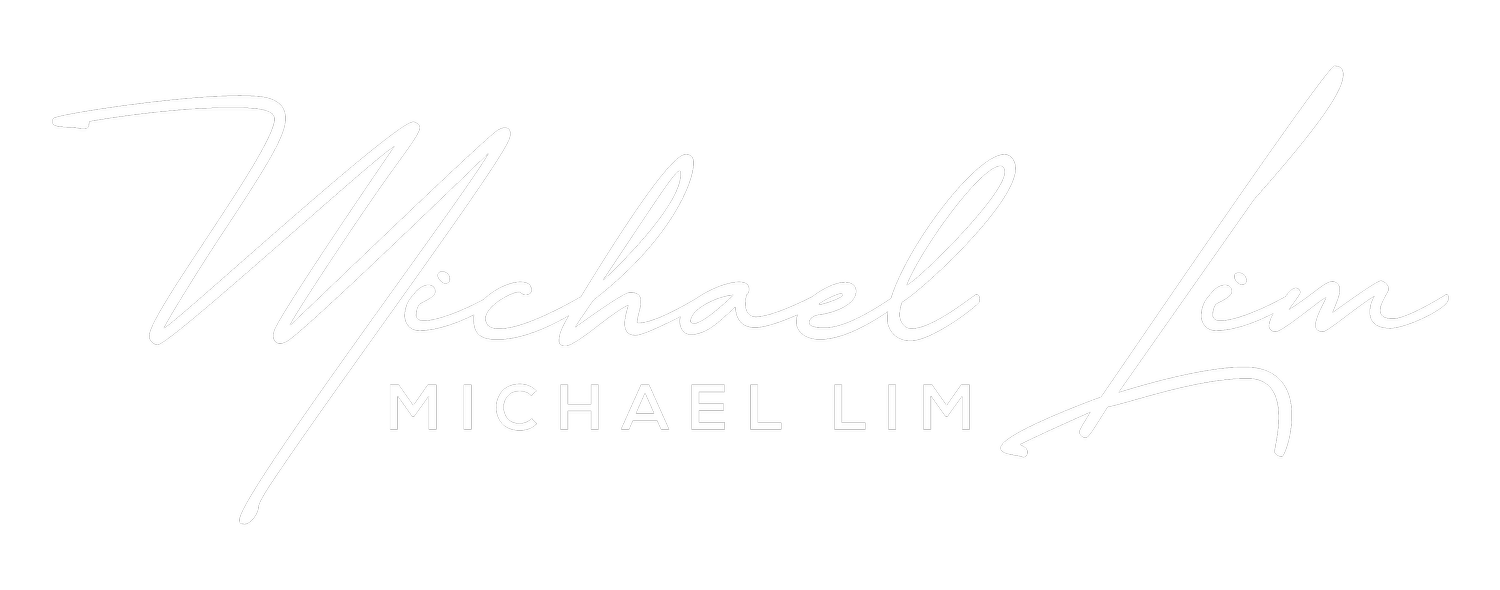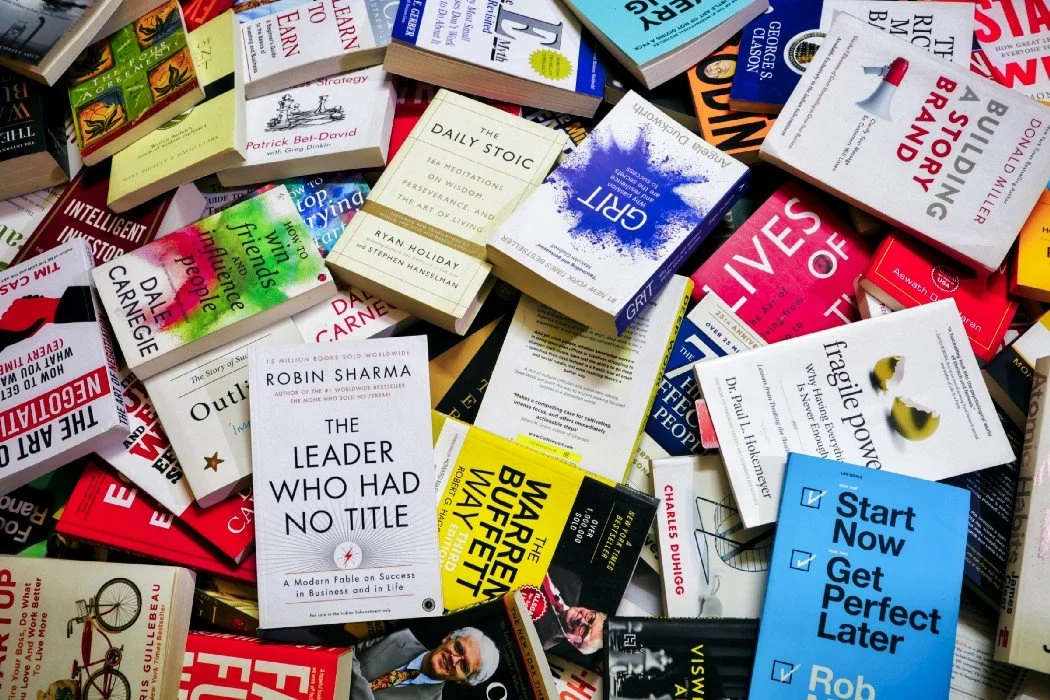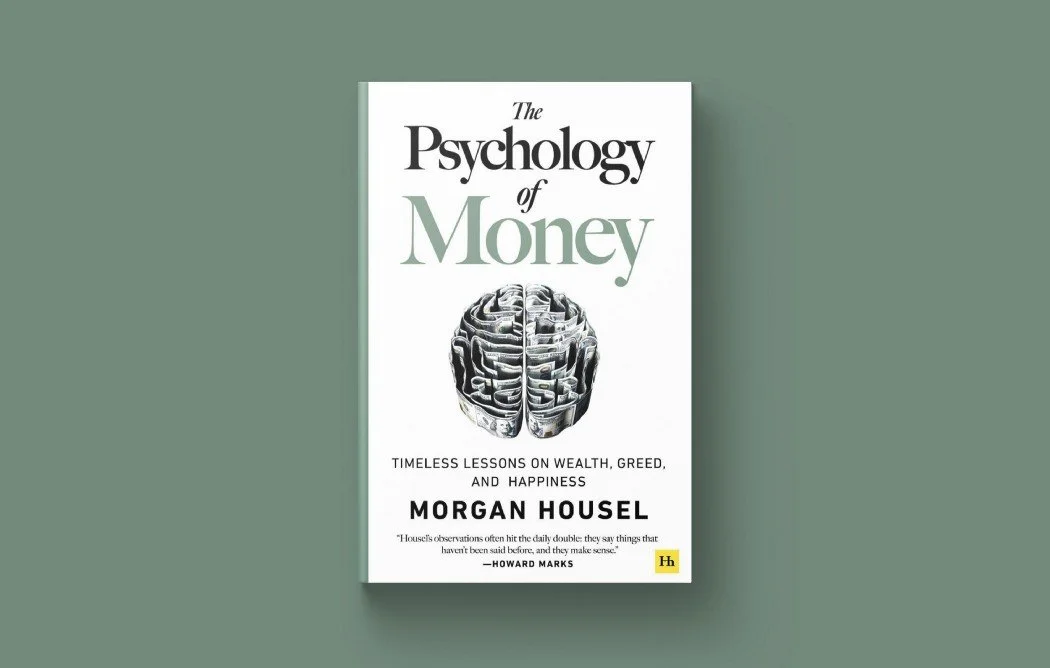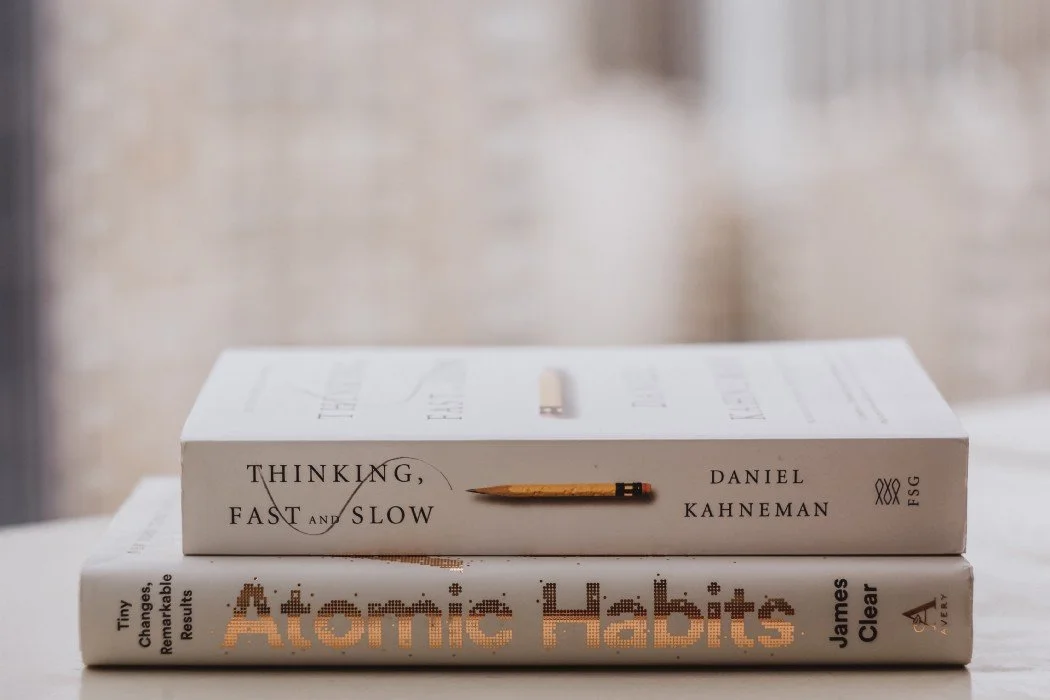Your 20s Kind of Suck. Here Are Six Books To Help You Make Your Defining Decade Better
Reading these books early can change the trajectory of your 20s before it is too late.
Photo by Shiromani Kant on Unsplash
Your 20s can feel like a decade of disaster.
You lurch erratically from one failed relationship to another and find yourself stuck in jobs you worked so hard for but now hate with a passion.
The feeling of being lost and existential dread is always just one stop away.
You’ll see your friends getting married, having kids, buying houses and vacationing in amazing locations on social media. You’ll hate yourself for not having a glamorous life like them.
Put simply, your twenties are hard. But the good news is that you are not alone.
Your journey can be made a lot easier with the help of the best minds in the world. A smart person learns from their own mistakes. A genius learns from the mistakes and knowledge of others.
#1: The Defining Decade — Meg Jay
“Feeling better doesn’t come from avoiding adulthood, it comes from investing in adulthood.” — Meg Jay
The GOAT of books to read in your 20s.
For good reason.
Meg Jay is a social psychologist that has spent a great deal of time researching the changing dynamics of twentysomethings in the modern era.
Her central points are
The changing social and economic structures have made the experience of our 20s different from our parents. From relationships to careers, we are in uncharted territory and have no playbook to live by.
Many twentysomethings are not aware of these changes and are now stuck playing a game that is no longer relevant to them. Many are running just to stay in the same place.
More research into how adults develop highlights that our brains don’t achieve full maturity until 25 years old. This means we are forced to make life-changing decisions when our brains aren’t equipped to do so.
This book provides an overview of the changes we are experiencing and provides a tangible roadmap for how twentysomethings can navigate this new world.
I re-read this book every year and learn something new each time.
Some great quotes from the book:
“Twentysomethings who don’t feel anxious and incompetent at work are usually overconfident or underemployed.”
“Our 20s are the defining decade of adulthood. 80% of life’s most defining moments take place by about age 35.”
“When it comes to adult development, 30 is not the new 20. Even if you do nothing, not making choices is a choice all the same. Don’t be defined by what you didn’t know or didn’t do.”
#2: The Road Less Traveled — Scott Peck
Despite being written in the 1970s, this book still hits today.
If psychology and philosophy had a well-written baby, it would be this book.
Don’t get me wrong. This book isn’t a philosophical wank fest that makes for good mental masturbating but has no practical application to your life.
Through stories and anecdotes, this book taught me deep lessons about relationships, taking risks and the fragility of human life.
I read this during the fallout of a painful breakup and it sped up my healing process by 10x.
Some great quotes from the book:
“Problems do not go away. They must be worked through or else they remain, forever a barrier to the growth and development of the spirit.”
“Move out or grow in any dimension and pain as well as joy will be your reward. A full life will be full of pain.”
“Two people love each other only when they are quite capable of living without each other but choose to live with each other.”
#3: Effortless — Greg McKeown
“Focus on what you lack and you lose what you have.
Focus on what you have and you gain what you lack.”
— Greg McKeown
Working hard is not the same as working right.
Working hard is grinding 24/7 on activities and tasks. This produces a cycle of powerless efforts where you move from daily tasks to daily tasks without ever making significant in-roads.
Working hard is:
Responding to symptoms, not root causes.
Being reactive to problems rather than proactive.
Never invest time to learn, teach or build systems.
Lots of motion, little progression. Results are immediate and linear.
Working right is investing your time to tackle high-level activities. Leveraged activities create an effortless power spiral where small actions can produce out-sized returns.
Working right is:
Building a strong reputation
Understanding first-principle thinking
Creating systems for automating or delegating tasks
The highest leverage investment you can make is self-learning. Knowledge is a force multiplier that can leverage simple action for massive results.
Less motion, lots of progressions. Results are delayed and residual.
The paradox is working hard feels great in the moment. Working right feels great later on.
Some great quotes from the book:
“Reading a book is among the most high-leverage activities on earth. For an investment more or less equivalent to the length of a single work day, you can gain access to what the smartest people have already figured out.”
“Learning the right thing once is a bargain. A one-time investment of energy up front yields Effortless Results again and again over time.”
Photo by Morgan Housel on Unsplash
#4: The Psychology of Money — Morgan Housel
“Money has many ironies. Here’s an important one: Wealth is what you don’t see.”
Probably one of the only finance books where you feel better about your personal finances after reading it.
Most personal finance books make me feel like I’ve committed murder by buying a $4 latte.
Written as a collection of short to medium blog posts, Morgan Housel lays out timeless wealth-building concepts through well-researched stories and personal anecdotes.
Morgan’s central themes are:
When it comes to money, it is better to be reasonable than rational. Keeping large amounts of cash in the bank is not rational given the opportunity cost, but it is reasonable if you have kids and rely on a single income.
The best financial strategy is the one that helps you sleep at night. Losing sleep over investments you’ve made or the risk profile you’ve adopted is never worth it. Make your investment strategy work for your lifestyle, not the other way around.
Accumulating wealth is a combination of time and good decision-making. Based on annual returns alone, Warren Buffett isn’t the best investor in the world. That would be Jim Simons. Warren Buffett has just had more time mixed with good decision-making.
Some great quotes from the book:
“Money’s greatest intrinsic value — and this can’t be overstated — is its ability to give you control over your time.”
“Spending money to show people how much money you have is the fastest way to have less money.”
“As I write this Warren Buffett’s net worth is $84.5 billion. Of that, $84.2 billion was accumulated after his 50th birthday. $81.5 billion came after he qualified for Social Security, in his mid-60s. Warren Buffett is a phenomenal investor. But you miss a key point if you attach all of his success to investing acumen. The real key to his success is that he’s been a phenomenal investor for three-quarters of a century.”
Photo by Lala Azizli on Unsplash
#5: Atomic Habits — James Clear
“You don’t rise to the level of your goals,
You fall to the level of your systems”
In less than 4 years, Atomic Habits has become the bible for self-development junkies. You can’t talk to anyone in this space without Atomic Habits being mentioned.
I am one of those people.
I would happily kiss the ground that James Clear walks on.
If you want to build habits for success this book will help you get there. I’ve personally created systems around fitness, reading and writing after reading this book.
Some high-level notes:
Goals are necessary but not sufficient. Goals help you set a direction but a system helps you make progress. Every Olympian has the same goal (win a gold medal) but what separates them is their systems for nutrition, recovery and training.
There is a formula for creating a good habit and breaking a bad habit loop. Every habit contains a cue, craving, response, and reward. Use this formula to your advantage.
Changing your habits is easier if you can also change your identity. You don’t want to just write, you want to be a writer. You don’t want to go to the gym, you want to think of yourself as an athlete.
The knowledge and ability to be able to create positive habits and break bad ones is a skill set you can use for life.
Laying the foundations of positive habits in your 20s will have a disproportionate impact on your life. Start early and reap the rewards.
#6: Attached — Amir Levine and Rachel Heller
What doesn’t get resolved from childhood experiences gets repeated in adulthood.
Yikes.
We are all the products of our upbringing and the relationship we shared with our primary caregivers. Parents or otherwise.
For better or worse, how we approach relationships, our comfort with intimacy and our disposition toward commitment is shaped by our early experiences in life.
We’ve all got an attachment preference, congrats.
Had a cold and distant mother? You might have an anxious attachment style.
Felt abandonment by a parent? You might develop avoidant tendencies.
Reading this book earlier would have given me answers to relationship dynamics I felt, but couldn’t put words to. I had numerous light bulb moments of why previous relationships didn’t work out.
It can be quite confronting to realize that a lot of the struggles of a relationship were created by the interaction of different attachment styles.
Having an awareness of your attachment style can save you time and energy.
Some great quotes from the book:
“Most people are only as needy as their unmet needs.”
“…mismatched attachment styles can lead to a great deal of unhappiness in marriage, even for people who love each other greatly. If you are in such a relationship, don’t feel guilty for feeling incomplete or unsatisfied.”
“If you want to take the road to independence and happiness, find the right person to depend on and travel down it with that person.”
—————————-
If you enjoyed this article, you can connect with me HERE.
You can also support more of my work by becoming a Medium Member using my referral link: michael-lim.medium.com



